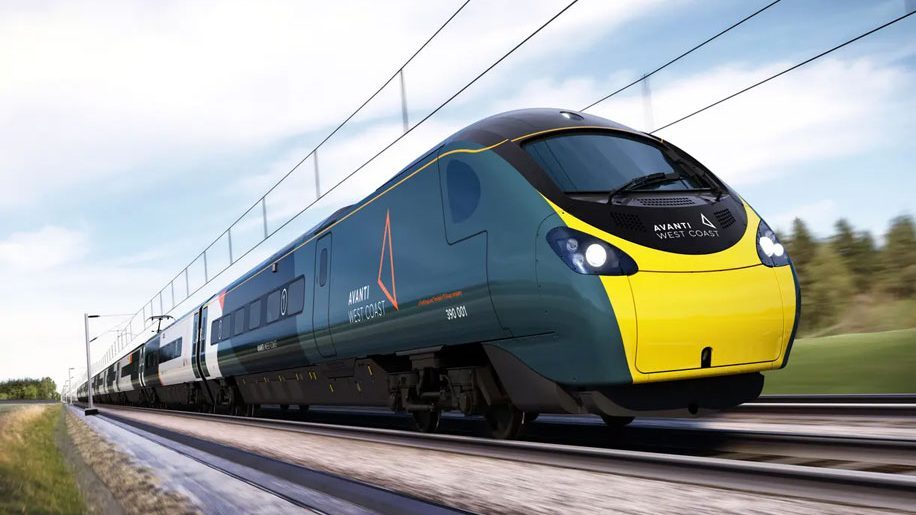
Over the coming weeks almost all train operators are making schedule cuts.
The train operators claim it’s because of “staff sickness” but in truth I suspect passenger volumes are weak as people are loath to travel owing to Omicron.
However the cuts are more severe with some operators than with others.
On the one hand you have short-distance operators like Greater Anglia which, since its recent cuts, have experienced overcrowding at peak times, while on the other mainline firms like Avanti West Coast are making some savage cuts effective Monday January 17.
Avanti West Coast’s amended timetable is valid until February 25 and full details can be found in the link above.
In short the most severe cuts are seen with direct services from London to both Birmingham and Manchester.
Popular travel vlogger Paul Lucas refers to the one train an hour frequency on Avanti West Coast’s four main routes from London Euston to Birmingham, Glasgow, Liverpool and Manchester.
WOAH. Unprecedented cuts to @AvantiWestCoast services through January and February. One train per hour to each of Manchester, Glasgow, Birmingham, Liverpool. Inconvenient but they were mostly carrying fresh air instead of passengers anyway. https://t.co/ctcfVTzStO pic.twitter.com/MEOf8emW6i
— Paul Lucas (@paul_winginit) January 13, 2022
This is a particular issue with Birmingham and Manchester. In normal times Avanti West Coast would provide both cities with a 20 minutes service frequency.
It’s a worrying development for UK rail and one wonders whether or not passenger numbers will ever return to pre-pandemic levels.
I say that because, as we have reported in September 2020, what growth there has been (until then) has been in the leisure rather than the business market.
At present all fare revenue from the train operators (open access firms excepted) goes straight to the government who is ploughing billions into keeping the network open.
In his recent piece for The Guardian rail author Christian Wolmar says the subsidy has now reached £17 billion.
The Treasury now demands the operators (open access excepted) cut costs by 10 per cent over the next year.
A fares rise of 3.8 per cent is planned for March and the Department for Transport is seeking timetable cuts.
All in all it’s a gloomy picture for UK rail.











